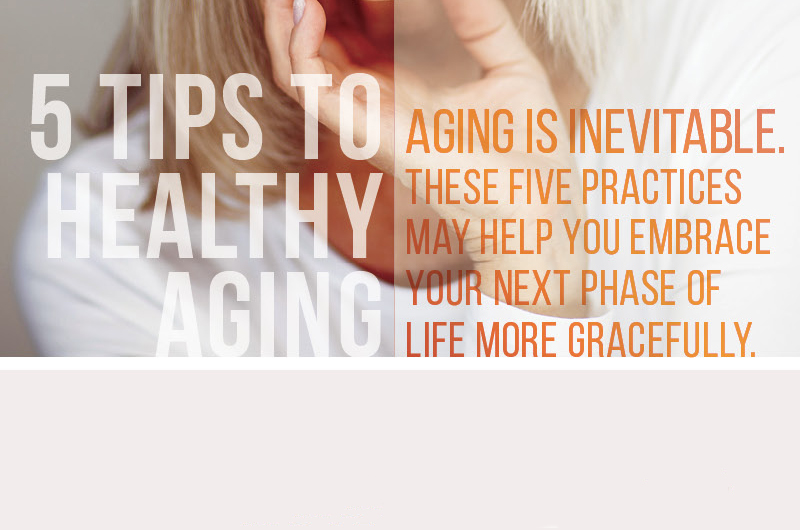Wellness vs. Well-Being
Together, they can work to boost how you feel and may improve your health.

Do you know the difference between wellness and well-being and how they work together when it comes to your overall health? Here is a breakdown on wellness and well-being and how these two states can work together to boost how you feel.
What is wellness
Wellness is the state or quality of being healthy. Health can refer to a number of aspects, including mental, emotional, and physical health. However, wellness does seem to specifically refer to health, rather than happiness. Your concept of health may be different than someone else’s, but the state of being healthy is what impacts your overall wellness.
If you hear the word thrown around in your workplace, it might refer to a program designed to help you improve your health. Many corporations are investing in wellness programs that offer resources to help employees shed extra pounds, address chronic medical conditions and ailments, and make lifestyle changes, such as quitting smoking. You might have access to a discounted gym membership, a free tobacco cessation program, or a nutrition coach as part of your company’s wellness program.
But wellness goes beyond any employee benefits you may qualify for through your employment. Your wellness is also impacted by your everyday health choices and the care you receive. Preventive care is an important aspect of wellness, as it can help you reduce your risk of contracting certain health conditions, like heart disease and cancer, and understand the risk factors over which you have more control.
What is well-being
Well-being is the state of being healthy, happy, or successful. Your health might play a role in your overall happiness level or your ability to succeed, but health isn’t the overarching factor in your well-being. In fact, well-being considers the entirety of an individual, including their body and mind. Engagement is a factor in well-being, as someone who is happy tends to be engaged in their activities, such as being involved at work, and the aspects of life they have chosen for themselves.
Related: 7 Steps to Find True Happiness
According to the Centers of Disease Control and Prevention (CDC), well-being focuses on having a positive outlook on life and feelings of positivity when approaching various situations and activities. Certain conditions of living such as steady, fulfilling employment and stable, comfortable housing are fundamental to a person’s well-being. However, the CDC also reports that well-being incorporates other aspects of living conditions, including resilience, positive emotions and feelings, quality of relationships with others, and the ability to realize one’s potential.
The importance of each
As mental health awareness continues to increase, people are looking at how to balance their physical needs with their emotional and mental needs. Wellness and well-being impact the way someone feels about their life and the approach they take to living every day. Your healthcare provider can give you the tools and resources you need to improve your wellness, while a mental health counselor may be able to assist you as you work toward achieving a greater sense of well-being.
The CDC reports the importance of well-being as it is associated with a number of benefits, including contributing to a person’s health, social capabilities, and finances. Those who report higher levels of well-being may experience a lower risk of illness, disease, and injury, improved immune functioning, and a longer life. As a result, your well-being may directly impact your overall wellness and ability to heal from ailments, be productive at work, and contribute to your community.
Achieving both wellness and a positive well-being can play a significant role in the way you approach life and handle everyday challenges. With a strong support system and a willingness to continue to work at these needs, you may find that your life feels more fulfilled and your health improves.
Related: How We Care for More Than Our Members’ Physical Well-Being






